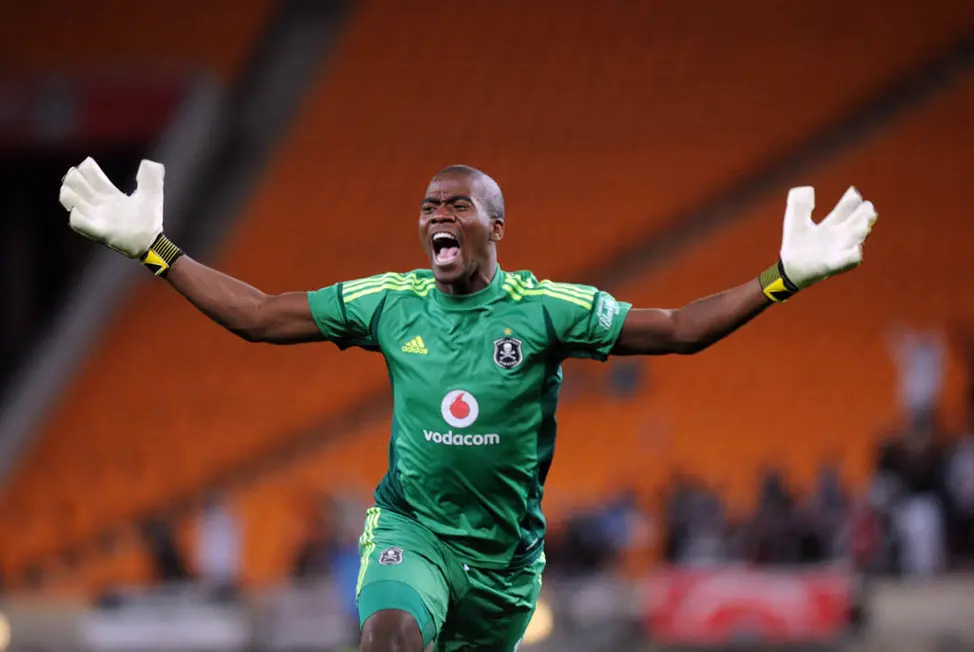Introduction
The tragic murder of South African football star Senzo Meyiwa in October 2014 has captivated the country’s attention for nearly a decade. As one of South Africa’s most beloved athletes, Meyiwa’s death in his own home while visiting his girlfriend, Kelly Khumalo, in Vosloorus sparked immediate outcry and a series of high-profile legal proceedings. The case has undergone numerous developments, with conflicting evidence, shifting theories, and various legal challenges contributing to its protracted duration.
This article seeks to provide an in-depth examination of the Senzo Meyiwa case, analyzing the legal theories, evidence presented, and procedural aspects of the case. It also delves into the public and media reaction, the delays in the trial, and concludes with an analysis of the legal perspectives surrounding the ongoing case.
Background and the Initial Case
Senzo Meyiwa was shot and killed in a suspected robbery at the home of Kelly Khumalo in the early hours of 26 October 2014. Meyiwa was a celebrated goalkeeper for the South African national team, and his death shocked the nation. The initial investigations pointed to an armed robbery gone wrong. However, there were several discrepancies in the accounts of the events leading up to his death, and suspicions quickly arose that the case may have been more complicated than initially believed.
Over the years, several suspects were arrested and charged in connection with the murder, but the evidence against them remained largely circumstantial, leading to multiple delays in the trial. In the years following Meyiwa’s death, new developments in the case have continuously emerged, including contradictions in witness statements, inconsistencies in police procedures, and changes in the charges brought against various individuals.
The Current Case: New Findings and Developments
As of 2024, the case has moved into a critical phase with the trial of five men accused of Meyiwa’s murder. In 2020, the National Prosecuting Authority (NPA) formally charged the suspects, including Fisokuhle Ntuli, Thokozani Ngcobo, and others. The accused individuals have all pleaded not guilty, and the defense has mounted significant challenges against the prosecution’s case.
The evidence in the current case includes eyewitness testimonies, forensic evidence, and surveillance footage. The state has alleged that the accused men were involved in a planned robbery that escalated into the shooting of Meyiwa. However, questions have been raised about the reliability of the witnesses, some of whom have since changed their statements. Furthermore, the defense argues that the police investigation was flawed from the outset, with crucial evidence potentially mishandled.
Theories Presented: State vs. Defense
The primary legal theories presented by the state and the defense diverge significantly. The state’s theory is that the accused were involved in a botched robbery attempt, which resulted in Meyiwa’s death. The prosecution has argued that the accused were present at the scene and engaged in an altercation with Meyiwa, during which the fatal shot was fired. Evidence supporting this theory includes cellphone records, which allegedly show communication between the accused before and after the murder, and eyewitness testimony from Kelly Khumalo and others present at the scene.
In contrast, the defense has consistently challenged the integrity of the investigation and the validity of the prosecution’s evidence. The defense contends that the case is based on weak circumstantial evidence, relying heavily on unreliable witness testimony. The defense has also presented an alternative theory that suggests the murder may have been an inside job, potentially linked to personal disputes or other motives unrelated to the robbery.
